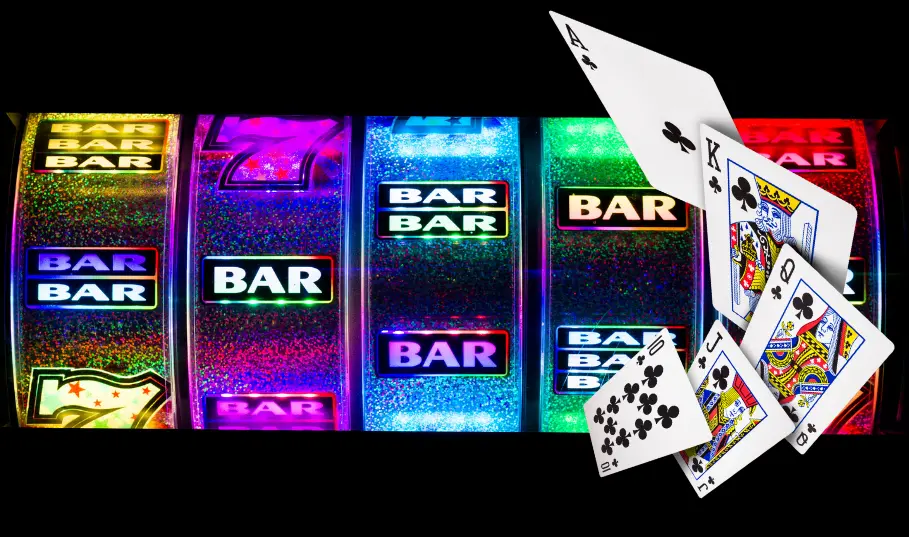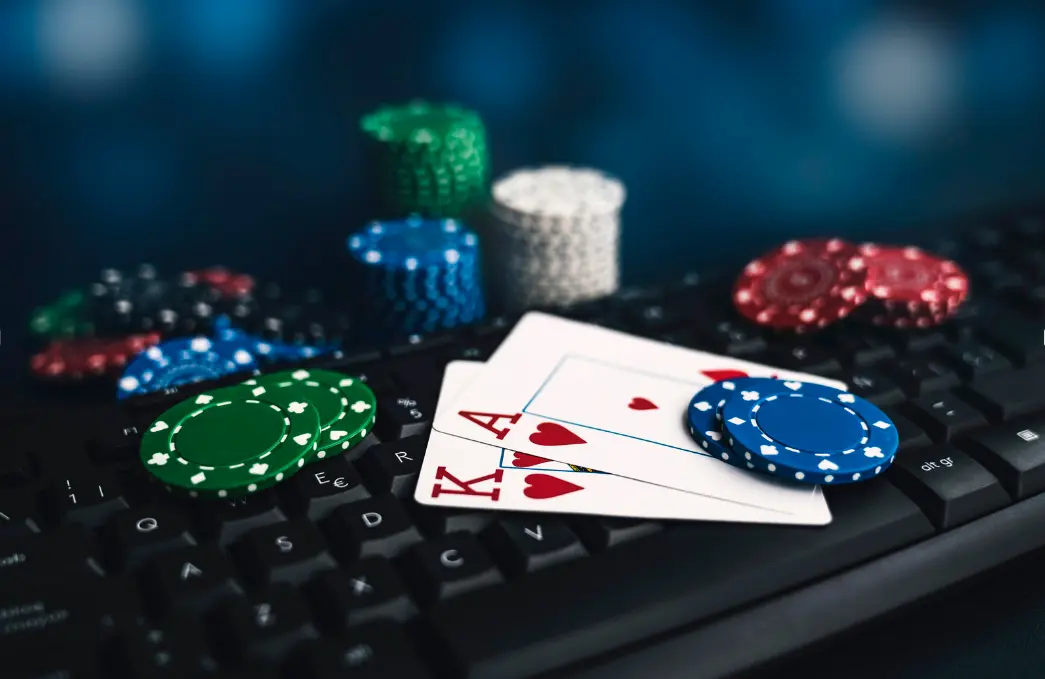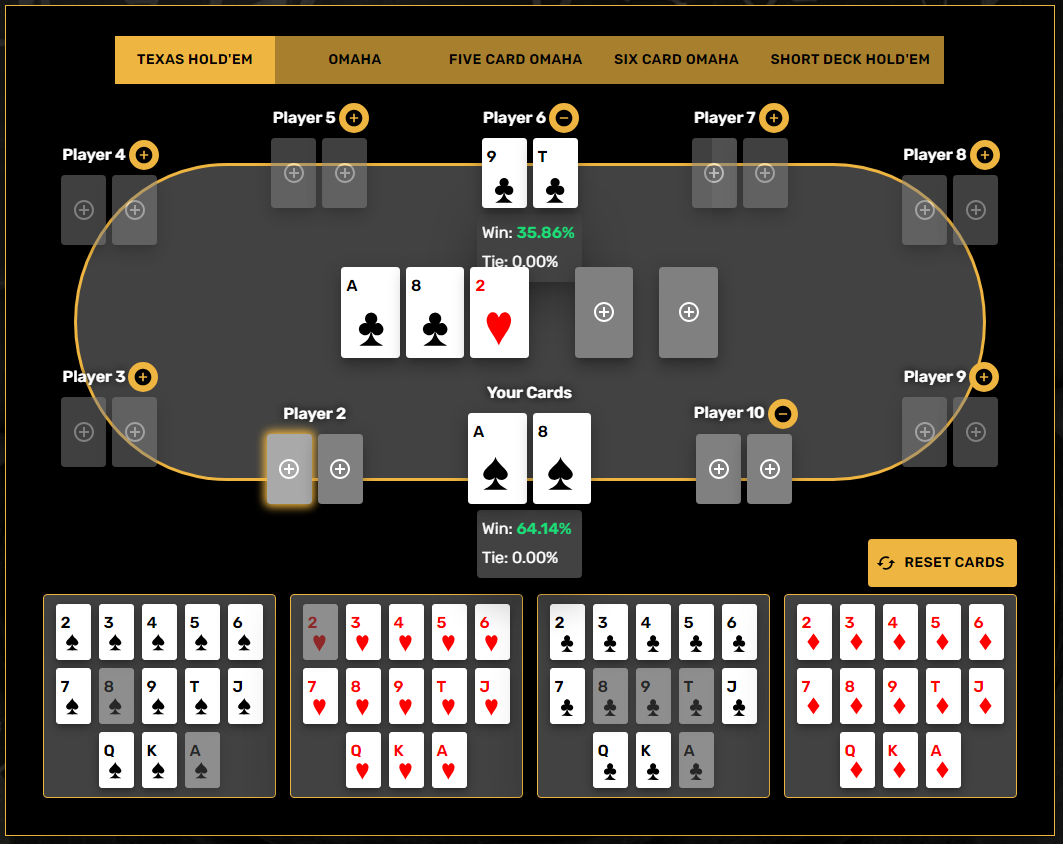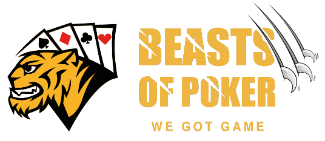Some people can’t hide their tells when bluffing or value-betting. If you want to gain an extra advantage over your opponent in live poker, you must be able to read their body language. Poker tells are verbal or physical actions of a poker player that involuntarily and unknowingly betrays their holdings.
In live poker games, players, particularly inexperienced ones, reveal information without knowing. On the other hand, highly experienced players might act in a manner and speak certain things to deceive their opponent. You must know these signals so that you can be careful not to give anything away that might jeopardize your game. This article looks at some common poker tells to watch out for in your opponents in a live poker game.
Making or Avoiding Eye Contact
In poker, if an opponent is not afraid to make eye contact, it usually means they have a big hand. A player is relaxed when he knows he has a strong hand and is therefore more likely to look you in the eye. Conversely, when an opponent refuses to meet your eye, it means they are either weak or bluffing.
The difference here is that while the bluffing player deliberately avoids engaging their opponent while the weak player obviously avoids eye contact. However, for this to work, this action must not be part of the player’s usual routine.
Deliberate and Intent Staring
Some expert poker players take joy in staring down their opponent – whether they have a good hand or not. They stare, not to scare their opponent into folding, but to make them uncomfortable and put them under more pressure. For amateurs, however, if they keep staring after making a big bet, they are most likely bluffing. They give this seemingly scary glare to compensate for their weak hand hoping you will back down.
However, staring alone is not enough to judge your opponent’s decisions; there are other things to consider. For instance, if while staring, the player also talks a lot and taunts you into calling, they are likely bluffing – and it isn’t stone-cold.
Going All-In
When a player goes all in on the turn, say in a Texas Hold’em cash game, watch how they move the chips. Do they have a menacing body language or are they maintaining eye contact with you? If the all-in call is not adding up, they are most likely weak and only trying you to believe they are strong.
Acting a Little Late or Too Quickly
Even somewhat experienced poker players can fall victim to this poker tell. If they have mastered the art of hiding their tells when playing at Casino New Zealand or similar venues of online poker, observe the time it takes them to act on their hand strength. This is a very important tell both online and live! When a player takes extra time before checking, it usually means they are trying to decide between betting and checking. This means they have something – a draw, strong hand, or medium-strength hand – and are considering semi-bluffing.
Conversely, when a player checks too quickly, then there is a very good chance that they have a weak hand. This rapid, impulsive action is meant to intimidate their opponent into folding. Be wary of players who take their time because they are typically stronger.
Chip or Card Handling
When playing different poker games, look at how your opponent is handling their cards or chips while playing. An inexperienced hand will likely be trembling, which signifies nervousness – and it is impossible to fake shaky hands. However, this isn’t a foolproof poker tell because some people just find themselves always nervous. Nevertheless, it can be a great poker tell that helps you read a player and put them in a range.
Where players with strong hands will grab the chips well, showing an eagerness to bet, those with weak hands will leave their stacks untouched. Meanwhile, there are times when a player grabs their chip in a post-flop situation. In this case, they make you think they want to bet, but only to discourage you from betting when, truly, they have weak hands.
Unsolicited Counseling
In poker, there are no “nice” people; even if they are nice in real life, no one wants to give away their money. Therefore, watch out for that player that loves to dish out friendly advice, convincing you to fold a “no good” hand. If you were playing poker against your best friend, you could say he truly doesn’t want you to lose your money. However, a stranger “advising” you to fold is a red flag; they want to get your chips at all cost.
Moreover, no one with a strong hand will want you to fold. If they are bent on getting you to fold, it likely means they are bluffing.
Conclusion
These are not all the poker tells, of course, but now you know better than you did five minutes ago. More importantly, you now know what to look for in other poker players that can help your game. When you are playing poker, you cannot be too “at home” or relaxed, behaviorally or verbally. Otherwise, you risk giving your opponent too much information or you miss out on the tells other players are giving.









